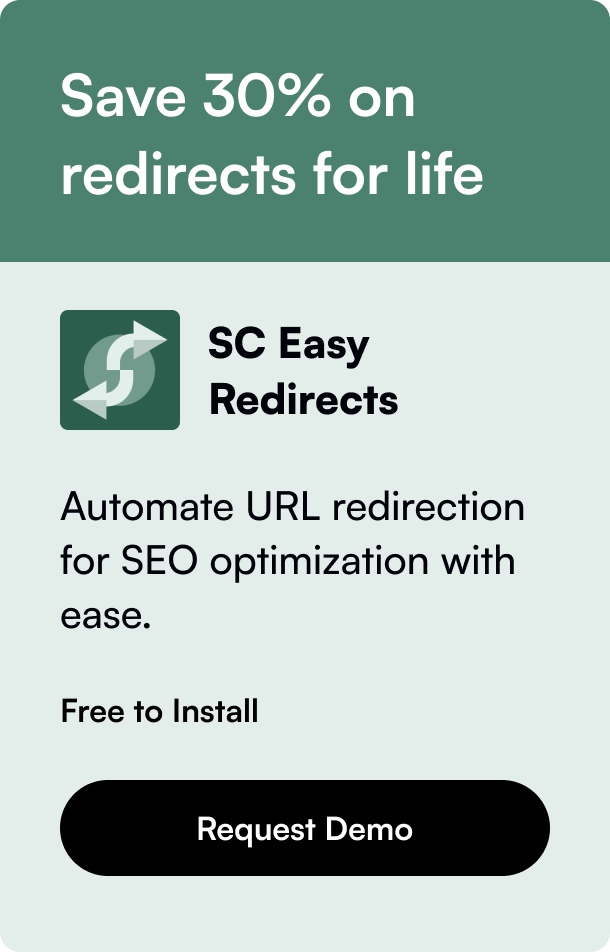Table of Contents
- Introduction
- The Vital Link: Understanding the Interplay
- The Configuration Process
- Beyond the Basics: Instagram Shopping and Its Perks
- Maximizing Impact: Content and Engagement
- Wrapping Up: A Seamless Journey from Instagram to Shopify
- FAQ
Introduction
In the vibrant world of online retail, Shopify and Instagram stand out as beacons of branding and customer engagement. With over a billion active users on Instagram and countless successful online stores on Shopify, the synergy between the two platforms is undeniable. For Shopify store owners, connecting with the Instagram audience can catapult brand visibility and sales to unprecedented heights. The importance of seamlessly integrating these platforms cannot be overstressed, especially when considering the evolution of Instagram Shopping and the direct impact it can have on your Shopify store's performance. This post delves deep into the nuances of linking your Shopify store to your Instagram account, ensuring that your online presence is not just seen but also felt and interacted with. By the end of this read, you’ll be well-equipped to change your Instagram link on Shopify, a seemingly small but significantly impactful step towards refining your brand’s online trajectory.
The Vital Link: Understanding the Interplay
Before we dissect the process, let's understand why this connection is vital. Instagram, with its visually driven content, has transformed into a powerhouse of marketing potential. For Shopify store owners, linking to Instagram not only amplifies visibility but also harmonizes social media interactions with ecommerce objectives. This strategic move can drive traffic, enhance customer engagement, and importantly, boost sales.
The Configuration Process
Configuring your Shopify store to include your Instagram link isn’t just about adding a URL; it’s about creating a portal that invites your Instagram followers into your ecommerce world. Here’s how you can make this pivotal connection:
Step 1: Navigate to Your Shopify Settings
Log in to your Shopify admin panel, and go to “Online Store” > “Themes” > “Customize.” This pathway opens up a world of customization for your online store, pivotal for embedding your social essence.
Step 2: The Social Media Setup
Within the customization section, locate “Theme settings” and select “Social media.” This area is your gateway to integrating various social platforms with your Shopify store. By finding the Instagram section and inputting your Instagram URL, you enable a direct link from your Shopify store to your Instagram profile.
Step 3: Click Save and Celebrate
The final step is as simple as clicking “Save” to ensure all changes are updated. Congratulations! You’ve now successfully integrated a seamless pathway from your Shopify store to your Instagram profile, enabling visitors to traverse between your ecommerce and social platforms effortlessly.
Beyond the Basics: Instagram Shopping and Its Perks
While adding an Instagram link is essential, embracing Instagram Shopping can revolutionize your Shopify store's presence on social media. Instagram Shopping allows you to tag products in posts and stories, making your content not just shareable but shoppable. This direct connection between showcasing and selling can dramatically enrich the shopping experience and potentially increase your store's conversion rates.
Setting Up for Success
Before you can enjoy the benefits of Instagram Shopping, certain prerequisites must be met, including owning an Instagram Business Account and having your store’s catalog connected to Facebook. Once these steps are in place, activating the Instagram sales channel within Shopify forms the bridge necessary to tag products on Instagram, thereby intertwining browsing with the buying process.
Maximizing Impact: Content and Engagement
With the technical setup out of the way, the focus shifts towards content. High-quality visuals, compelling narratives, and strategic use of hashtags can markedly increase your store’s appeal on Instagram. Remember, every post, story, and product tag is an opportunity to engage potential customers and guide them towards your Shopify store.
A Picture’s Worth: Leveraging High-Quality Imagery
Given Instagram’s visual nature, ensure your photos are crisp, well-lit, and reflective of your brand essence. Employing natural light, consistent styling, and featuring real people can make your products more relatable and desirable.
Captivating Captions and Calls-to-Action
While visuals draw people in, captivating captions can engage them further. Keeping captions concise, purposeful, and sprinkled with calls-to-action encourages interaction, be it likes, comments, or clicks back to your Shopify store.
Wrapping Up: A Seamless Journey from Instagram to Shopify
Integrating Instagram with your Shopify store opens up a dynamic avenue for digital interaction and commerce. By meticulously following the steps to link your Instagram and optimizing your content for engagement, you position your Shopify store to thrive in the digital marketplace. Remember, every element—from the link in your bio to the tags on your images—serves as a touchpoint for potential customers, making the seamless integration of Instagram and Shopify not just beneficial, but essential for modern ecommerce success.
FAQ
-
Why should I link my Shopify store to Instagram? Linking your Shopify store to Instagram helps in driving traffic, increasing engagement, and potentially boosting sales through direct product tagging.
-
How do I set up Instagram Shopping for my Shopify store? Ensure you have an Instagram Business Account and your product catalog is connected to Facebook. Then, activate the Instagram sales channel within Shopify to start tagging products.
-
What type of content works best on Instagram for Shopify stores? High-quality photos that showcase your products in a relatable and aspirational manner, coupled with engaging captions and strategic hashtags, work best.
-
Can I tag products in Instagram stories? Yes, you can tag products in Instagram stories using shopping stickers, although this feature is limited to image-based stories.
-
How often should I post on Instagram to promote my Shopify store? Consistency is key. Set up a content calendar and aim for regular posts that don’t overwhelm your audience but keep your brand top of mind.








